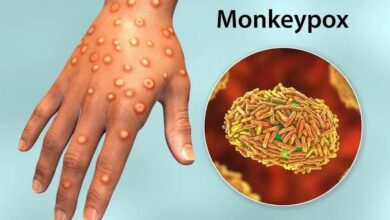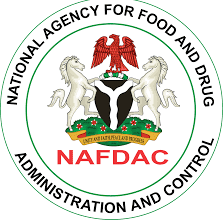HPV Vaccine: Nigeria To Vaccinate 7.7m Girls Against Cervical Cancer

Nigeria has introduced the Human Papillomavirus (HPV) vaccine into its Routine Immunisation system, aiming to reach 7.7 million girls, the largest number in a single round of HPV vaccination in the African region, in a vaccination drive against the virus that causes nearly all cases of cervical cancer.
A joint statement issued by the United Nations Children’s Fund (UNICEF), World Health Organisation (WHO) and Gavi on Tuesday, October 24, 2023 announced the development.
“The loss of about 8000 Nigerian women yearly from a disease that is preventable is completely unacceptable,” says Muhammad Ali Pate, the Coordinating Minister of Health & Social Welfare. “Cervical cancer is mostly caused by HPV, and parents can avoid physical and financial pain by protecting their children with a single dose of the vaccine. Saving lives, and producing quality health outcomes and protecting the wellbeing of Nigerians are central to the Renewed Health Agenda of President Bola Ahmed Tinubu.
“The onset of the vaccination campaign is an opportunity to safeguard our girls from the scourge of cervical cancers many years into the future. As a parent myself, I have four daughters, all of them have had the same HPV vaccine to protect them against cervical cancer. I’d like to implore fellow parents to dutifully ensure that this generation of our girls disrupt the preventable loss of lives to cervical cancer in addition to other untold hardship, loss, and pain.”
A five-day mass vaccination campaign in schools and communities will be carried out during the inaugural rollout in 16 states and the Federal Capital Territory. The vaccine will then be incorporated in routine immunization schedules with in health facilities. The second phase of the vaccination introduction is set to start in May 2024 in 21 states.
“This is a pivotal moment in Nigeria’s efforts to lower the burden of cervical cancer – one of the few cancers which can potentially be eliminated through vaccination,” said Dr. Walter Kazadi Mulombo, WHO Representative in Nigeria. “We’re committed to supporting the government increase access to the HPV vaccine to protect the health and well-being of the next generation of women.”
“Every day, cervical cancer inflicts profound loss and devastation on families across Nigeria. It also disproportionately impacts the lives of women. And yet, it is a disease that can be prevented. With the HPV vaccine now available in Nigeria for eligible adolescent girls at no cost, communities now have the most effective tool to fight cervical cancer and the nation has an opportunity, collectively to save millions of lives,” says Thabani Maphosa, Managing Director of Country Programmes Delivery at Gavi.
UNICEF has procured nearly 15 million HPV vaccines on behalf of the Government of Nigeria. Alongside this, the children’s agency has produced informational materials, including radio and TV jingles in multiple local languages to dispel misinformation and rumours.
To further the outreach, UNICEF also supported academia and researches with two rounds of readiness assessments to understand the population’s sentiments on HPV and the vaccine. Additionally, UNICEF has facilitated logistical support for vaccination campaigns and distributed cold chain equipment for vaccine preservation.
“In our shared quest for a brighter future, the introduction of the HPV vaccine in Nigeria represents a monumental stride towards safeguarding our girls from the grips of cervical cancer. This vaccine doesn’t just prevent a disease; it promises a life where our young women can thrive, unburdened by the spectre of this grave health concern. UNICEF, in collaboration with the government and other partners, is proud to be a key partner in this initiative, ensuring that every eligible girl, irrespective of her location or circumstances, has access to this life-saving intervention. Together, we are scripting a narrative of hope, resilience, and a healthier Nigeria,” says Cristian Munduate, UNICEF Representative in Nigeria.






